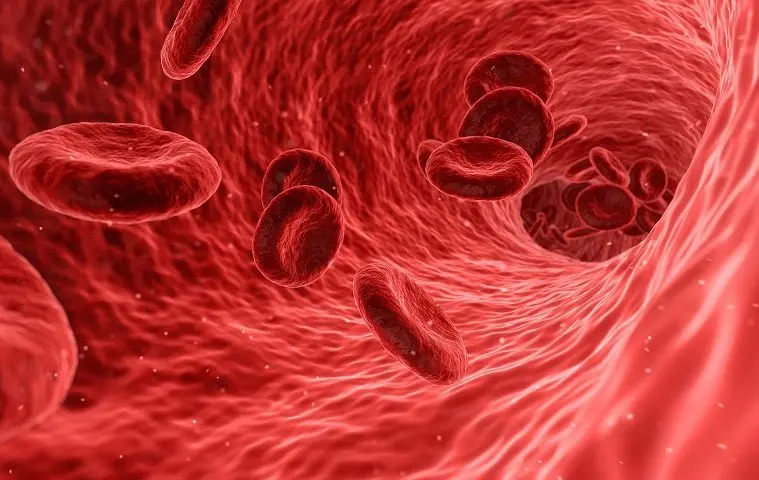Contents
Two-thirds of people in developed countries suffer from varicose veins to some extent. In most cases, pathology affects women, but signs of the disease are often observed in men, and the disease is rapidly getting younger. Among the main reasons, doctors call a sedentary lifestyle, poor diet and smoking. Next, we will figure out whether it is dangerous to drink alcohol with varicose veins and how to minimize the harm from alcoholic beverages.
How alcohol affects circulation
Ethanol quickly penetrates into the blood, increases the heart rate and increases coronary blood flow. A small amount of alcohol will not harm an absolutely healthy person, but with varicose veins, things are much more complicated. Alcohol acts on the vessels, first causing them to expand sharply, and then also rapidly narrow, which reduces the elasticity of the vascular walls. As a result, capillaries and veins become fragile and brittle.
With varicose veins, the functioning of the venous valves is disturbed, which leads to excessive blood pressure in the superficial veins, causing them to stretch. Alcohol additionally loads the circulatory system, but the throughput of the veins remains at the same level. The result is the accumulation of excess blood, swelling, irritation of the walls of varicose vessels.
Ethanol is processed in the liver, which perceives alcohol as a poison and begins to actively break it down. Hemodynamics is disturbed, and the overloaded organ ceases to fully purify the blood. The accumulation of toxins and toxins provokes the appearance of inflammatory processes in the vessels. In addition, the blood thickens and begins to put pressure on the tense walls of the veins, contributing to their expansion.
Alcohol and thrombophlebitis
With severe alcohol intoxication, the permeability of the vascular walls is disturbed, the flow of fluid between the cells becomes freer. The density of the lipid layer of erythrocytes decreases, their fluidity increases. In plasma, the concentration of “bad” cholesterol, which contributes to thrombosis, increases. Changes in erythrocytes in the long term cause a violation of lipid metabolism and damage to the liver.
Regular alcohol abuse can lead to the fact that destructive processes become chronic, inflammation develops, which often results in thrombophlebitis. The disease is characterized by acute pain in the legs, fever, fever. One of the most dangerous complications of thrombophlebitis is the detachment of a blood clot and its penetration into the pulmonary artery, which often leads to death.

Is it possible to drink alcohol with varicose veins
So far, there is no scientific evidence that alcohol causes varicose veins, but there is a lot of evidence that alcohol complicates the course of the disease. Vascular stars, heaviness and pain in the legs are already a reason to reconsider your diet and contact a phlebologist. The disease can progress over the years, so careful attention to your health and prevention is of paramount importance.
With an existing pathology, it is recommended to be extremely careful about alcohol. During remission, do not exceed safe doses:
- 30 ml of strong alcohol (whiskey, vodka, cognac);
- 100 ml of dry wine;
- 250 ml of light beer.
It should be remembered that there is no “healthy” alcohol for vascular diseases. The least harm will bring drinks with a high content of flavonoids – dry red wine, good cognac. Grapes are rich in natural antioxidants that protect cells from free radicals and reduce the risk of inflammation. The least compatible with varicose veins is beer, which leads to dehydration of the body and provokes tissue swelling.
The best way to prevent varicose veins is a radical lifestyle change. Physical exercise and a healthy diet can prevent the disease and slow down its further progression. In case of problems with veins, weight training is not recommended – walking, cycling, low-intensity running, swimming will bring benefits. The diet should include foods rich in fiber, avoid fats and fast food, drink more mineral non-carbonated water.
Attention! Self-medication can be dangerous, consult your doctor.









